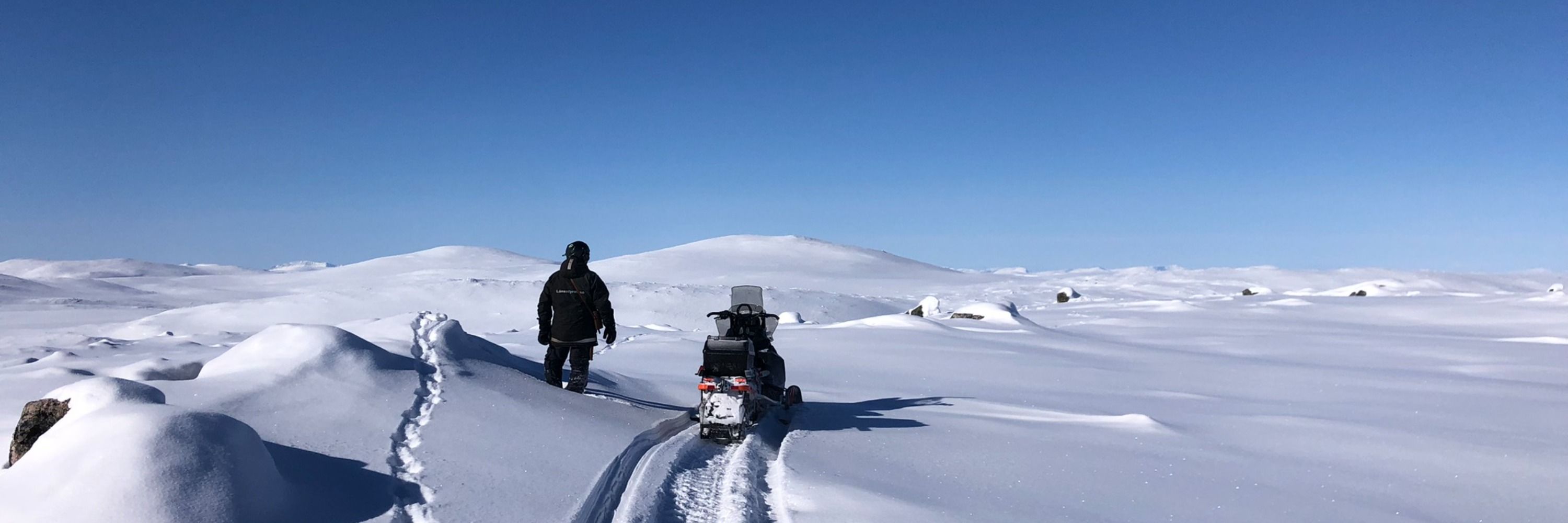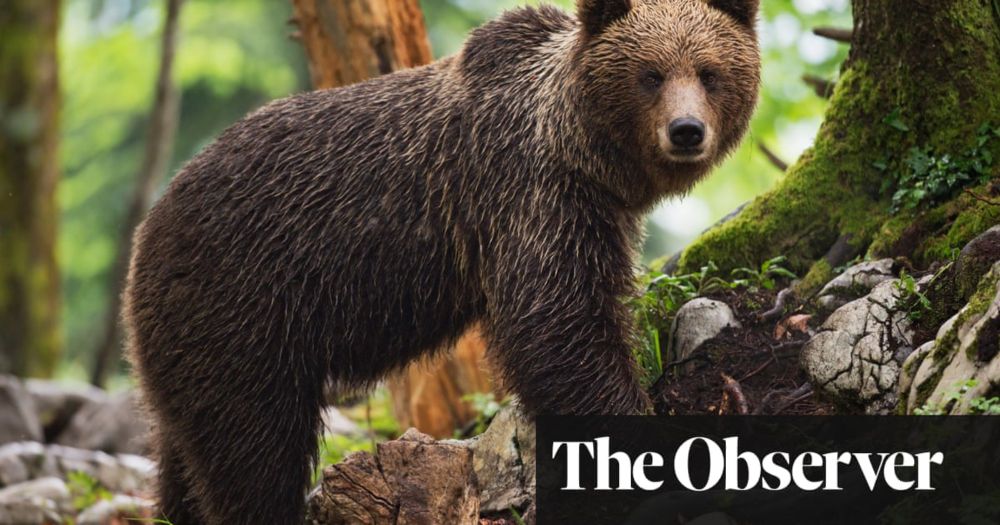Hanna Pettersson
@hannalp.bsky.social
190 followers
69 following
27 posts
Conservation social scientist, human/political ecologist. Researching at the intersections of human-wildlife coexistence, pastoralism, (re)wilding, knowledge and governance.
Posts
Media
Videos
Starter Packs
Reposted by Hanna Pettersson
Hanna Pettersson
@hannalp.bsky.social
· Jun 5
Hanna Pettersson
@hannalp.bsky.social
· Feb 28
Hanna Pettersson
@hannalp.bsky.social
· Feb 25
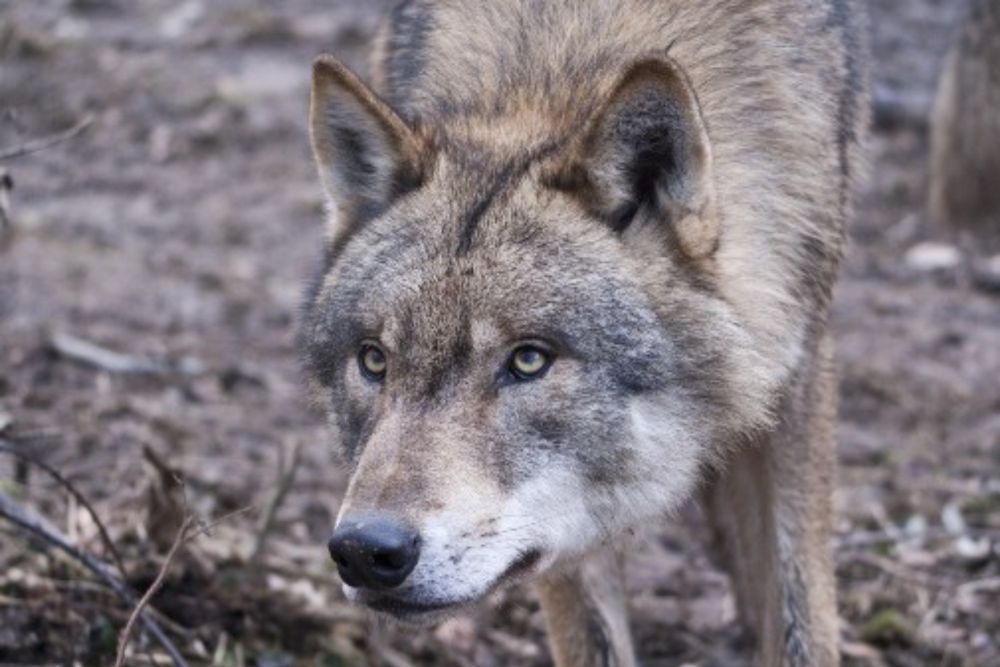
Study suggests 'local practitioners' needed for policies on coexistence with large carnivores
Researchers have suggested appointing practitioners or stewards to bring together local knowledge and conservation practices to inform policies on coexistence with large carnivores such as wolves, bea...
www.york.ac.uk
Hanna Pettersson
@hannalp.bsky.social
· Feb 25
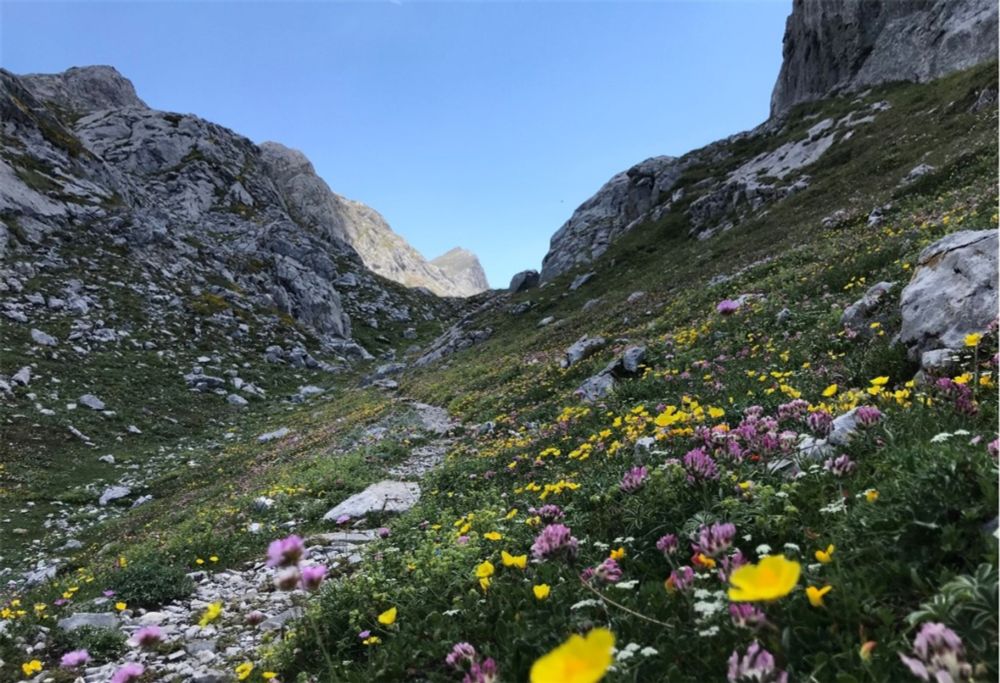
Plain Language Summary: Who is local and what do they know? How to work with local knowledge-holders to promote human-carnivore coexistence.
Sheep pasture in full bloom amongst the peaks of the Picos de Europa National Park, Spain, which was recolonised by wolves in the 80s. Defending the flocks from attacks in this environment is chall…
relationalthinkingblog.com
Hanna Pettersson
@hannalp.bsky.social
· Feb 25
Hanna Pettersson
@hannalp.bsky.social
· Feb 25
Hanna Pettersson
@hannalp.bsky.social
· Feb 25
Hanna Pettersson
@hannalp.bsky.social
· Feb 25
Hanna Pettersson
@hannalp.bsky.social
· Feb 25
Hanna Pettersson
@hannalp.bsky.social
· Feb 25
Hanna Pettersson
@hannalp.bsky.social
· Feb 25
Hanna Pettersson
@hannalp.bsky.social
· Feb 24
Hanna Pettersson
@hannalp.bsky.social
· Feb 17
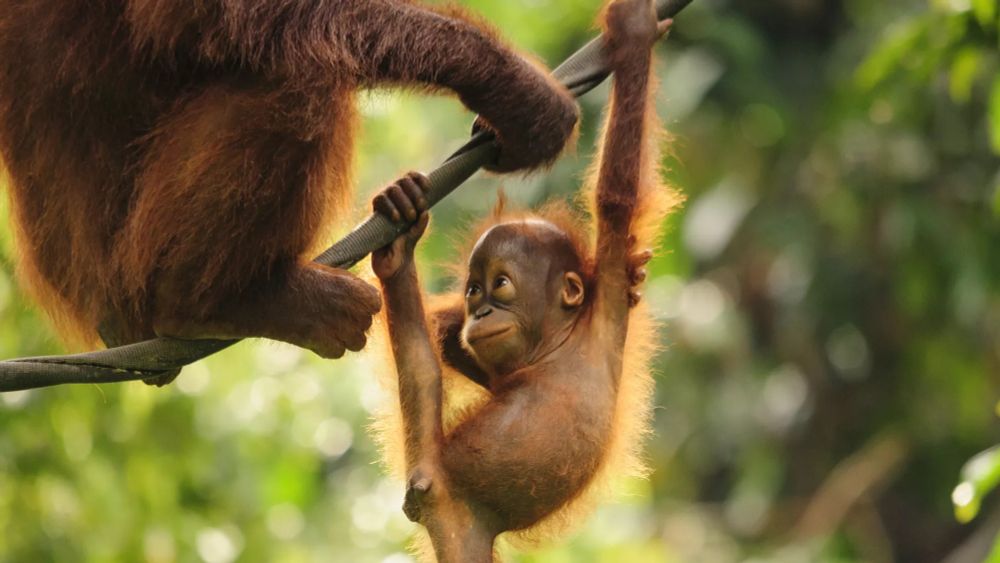
Frontiers | Myths, Wishful Thinking, and Accountability in Predator Conservation and Management in the United States
Large predators are thought of as ecological keystone species, posterchildren of conservation campaigns, and sought-after targets of tourists and photographe...
www.frontiersin.org
Hanna Pettersson
@hannalp.bsky.social
· Feb 17
Hanna Pettersson
@hannalp.bsky.social
· Feb 17
Hanna Pettersson
@hannalp.bsky.social
· Feb 17
